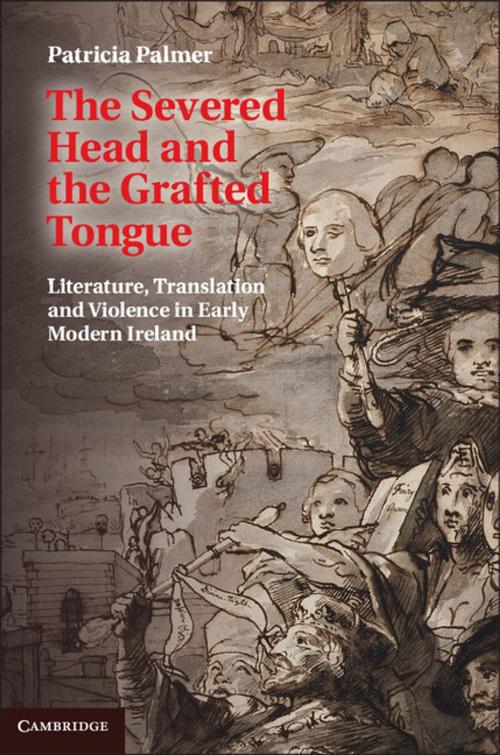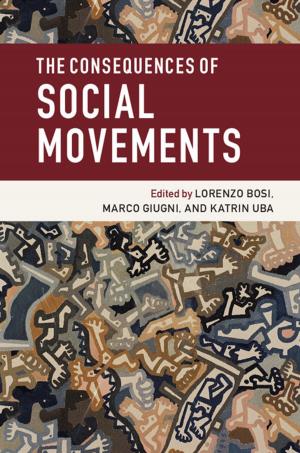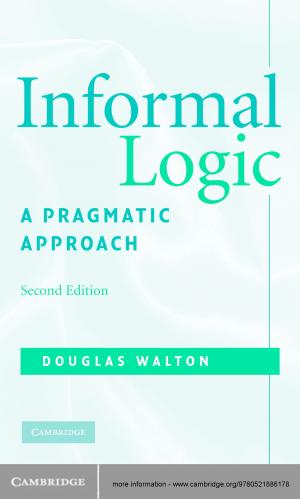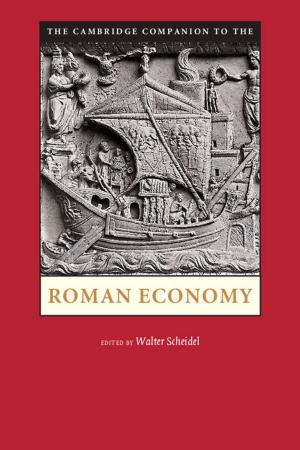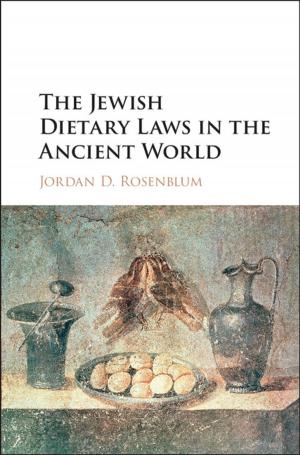The Severed Head and the Grafted Tongue
Literature, Translation and Violence in Early Modern Ireland
Fiction & Literature, Literary Theory & Criticism, British| Author: | Patricia Palmer | ISBN: | 9781107461819 |
| Publisher: | Cambridge University Press | Publication: | November 11, 2013 |
| Imprint: | Cambridge University Press | Language: | English |
| Author: | Patricia Palmer |
| ISBN: | 9781107461819 |
| Publisher: | Cambridge University Press |
| Publication: | November 11, 2013 |
| Imprint: | Cambridge University Press |
| Language: | English |
Severed heads emblemise the vexed relationship between the aesthetic and the atrocious. During the Elizabethan conquest of Ireland, colonisers such as Edmund Spenser, Sir John Harington and Sir George Carew wrote or translated epic romances replete with beheadings even as they countenanced - or conducted - similar deeds on the battlefield. This study juxtaposes the archival record of actual violence with literary depictions of decapitation to explore how violence gets transcribed into art. Patricia Palmer brings the colonial world of Renaissance England face to face with Irish literary culture. She surveys a broad linguistic and geographical range of texts, from translations of Virgil's Aeneid to the Renaissance epics of Ariosto and Ercilla and makes Irish-language responses to conquest and colonisation available in readable translations. In doing so, she offers literary and political historians access not only to colonial brutality but also to its ethical reservations, while providing access to the all-too-rarely heard voices of the dispossessed.
Severed heads emblemise the vexed relationship between the aesthetic and the atrocious. During the Elizabethan conquest of Ireland, colonisers such as Edmund Spenser, Sir John Harington and Sir George Carew wrote or translated epic romances replete with beheadings even as they countenanced - or conducted - similar deeds on the battlefield. This study juxtaposes the archival record of actual violence with literary depictions of decapitation to explore how violence gets transcribed into art. Patricia Palmer brings the colonial world of Renaissance England face to face with Irish literary culture. She surveys a broad linguistic and geographical range of texts, from translations of Virgil's Aeneid to the Renaissance epics of Ariosto and Ercilla and makes Irish-language responses to conquest and colonisation available in readable translations. In doing so, she offers literary and political historians access not only to colonial brutality but also to its ethical reservations, while providing access to the all-too-rarely heard voices of the dispossessed.
